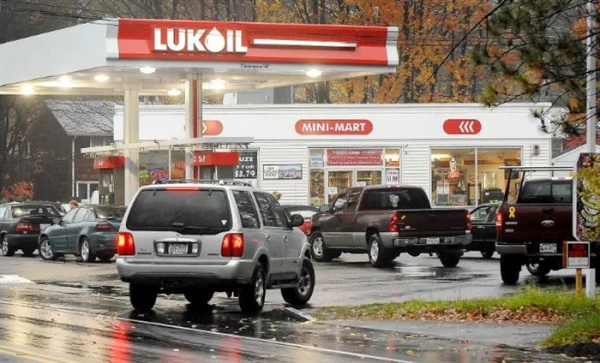
Lukoil began to conquer the U.S. market a quarter of a century ago, but something went wrong.
The oil empire that Vagit Alekperov — Russia's richest oil magnate with a fortune of $28 billion, according to Forbes — has built over several decades, may be living its last months.
Under U.S. sanctions, Lukoil, in which Alekperov owns a 28% stake (as of 2021), is beginning a forced sale of foreign assets it owns in 11 countries around the world. Among them are refineries in Bulgaria, Romania, and the Netherlands, a network of gas stations in the European Union, as well as production facilities in Azerbaijan, Kazakhstan, Uzbekistan, Iraq, Egypt, and the UAE, Latin America, and West and Central Africa.
"It's the end for Lukoil," said a former top manager of the company to Politico. According to his estimate, without foreign assets, Lukoil will lose 30% of its revenue. Last year, it reached a record 8.4 trillion rubles, of which more than 1 trillion was paid out to shareholders. Alekperov personally received over $2 billion, a hereditary oilman and the last deputy minister of the oil industry of the USSR, who became wealthy after the loan auctions of the 1990s.
Due to sanctions and the forced sale, Lukoil could lose 15-17% of its total hydrocarbon production: abroad, it produces 6.5% of oil and almost half of its gas, analysts from Alfa-Bank write. Foreign refineries, which supply a network of 5,000 gas stations, provide Lukoil with a quarter of its total oil refining volume. The loss of foreign assets "could significantly impact Lukoil's financial performance," warns Alfa-Bank.
Alekperov will have to sell plants, gas stations, and stakes in fields worth about $10 billion for a pittance. "Lukoil will be forced to give discounts of up to 70% in unfriendly jurisdictions and up to 50% in neutral and friendly ones," believes Dmitry Kasatkin, managing partner of Kasatkin Consulting.
According to a license issued by the U.S. Treasury, Lukoil must complete all transactions by November 21. However, selling everything in a month is unrealistic: the usual timeframe for such assets is 6–12 months, says Kasatkin. Most likely, Lukoil will seek an extension of the license, believes Alfa-Bank.
Lukoil's large production facilities in Iraq, Kazakhstan, and Azerbaijan may remain in its ownership, the bank believes: for example, Kazakhstan's Tengizchevroil and a stake in the Caspian Pipeline Consortium have been exempted from U.S. sanctions. In Iraq, Lukoil may have to reduce its stake to remain in the West Qurna project. "Nevertheless, much will depend on the political will of the countries in whose jurisdiction the group operates," writes Alfa-Bank.
As for the oil that Lukoil extracts in Russia and then exports to India and China, its fate will not be clear until early 2026, believes Alexey Gromov, the chief director for energy at the Institute of Energy and Finance.
Supplies to China are likely to continue, while issues may arise with India, as it is in trade negotiations with the U.S., which explicitly states that one of the conditions is a refusal of Russian oil, Gromov points out.
Lukoil's entry into the U.S. market became possible in 2000 when the Russian oil company acquired Getty Petroleum Marketing Inc. This deal included not only the Getty brand itself but also about 1,300 gas stations located mainly on the East Coast of the U.S. Immediately after the purchase, the company began a gradual rebranding process of the gas stations, replacing the Getty logo with Lukoil's red and white branding.
However, entering the American market proved to be a challenging task. Despite having a network, Lukoil's gas stations in the U.S. faced several difficulties. The main issues were the need to comply with strict U.S. environmental standards and overcoming the skepticism of American consumers, who did not immediately perceive the Russian brand as a reliable fuel supplier.
Additionally, while operating in the U.S. market, Lukoil was required to comply with numerous federal and local laws regulating the activities of gas stations. For example, to open a new gas station in the U.S., it is necessary to obtain a license from the Environmental Protection Agency (EPA), which oversees compliance of fuel storage with environmental standards. Approval from local authorities, such as the Department of Environmental Conservation (DEC) in each specific state, was also required.
In the early 2010s, the company continued to hold a significant market share in regions where Lukoil gas stations were located; however, the imposition of sanctions against Russian companies after 2014 significantly complicated business operations. As a result, Lukoil decided to sell a significant portion of its assets in the U.S. and refocus on other markets.

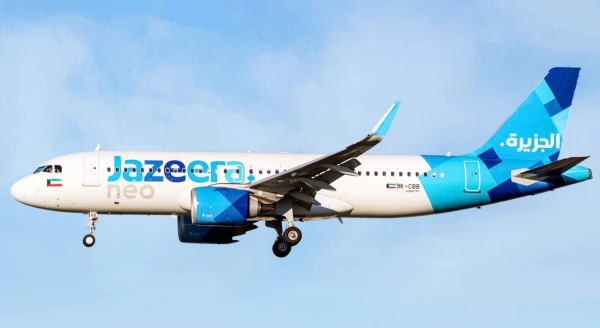

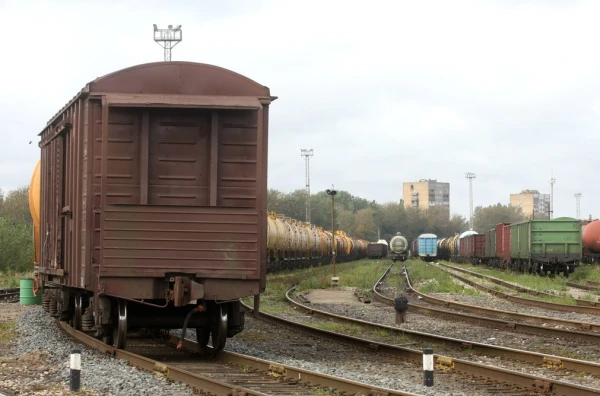
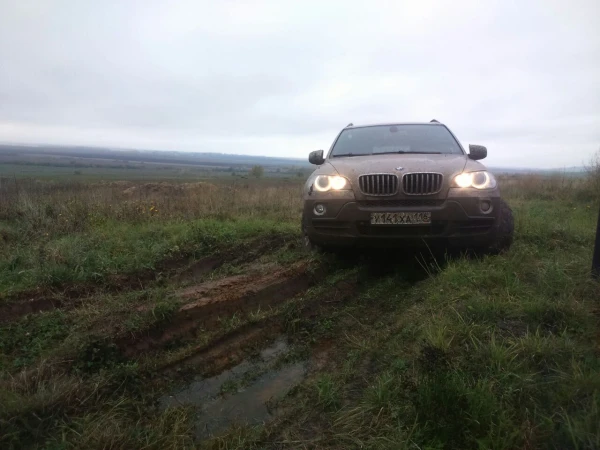
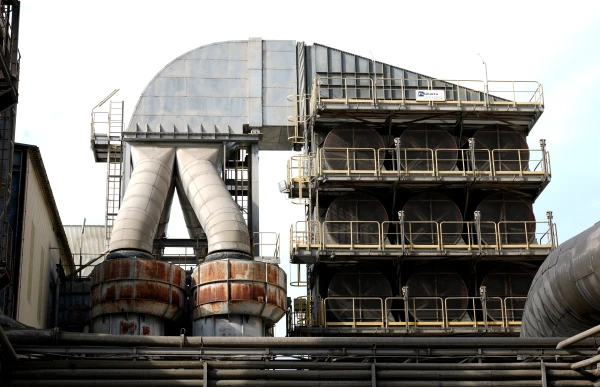

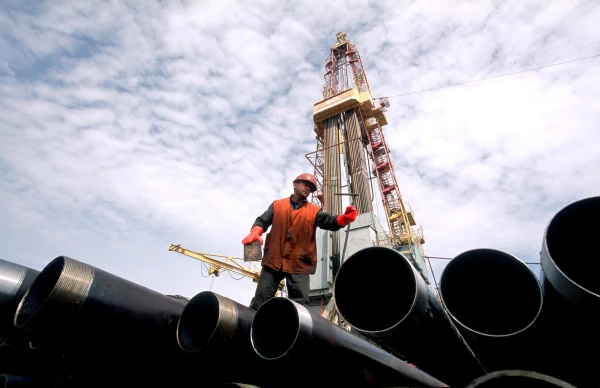
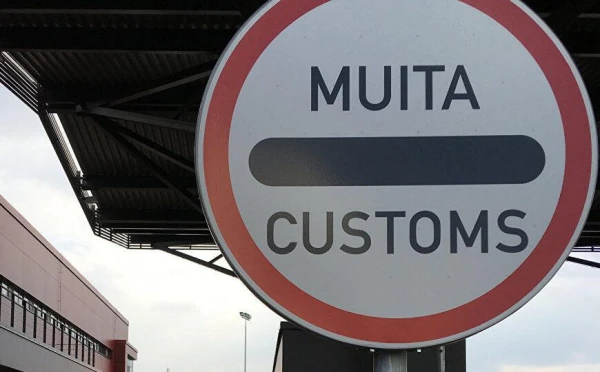




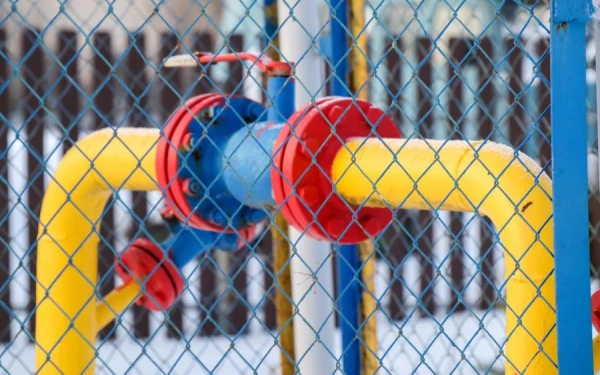

Leave a comment